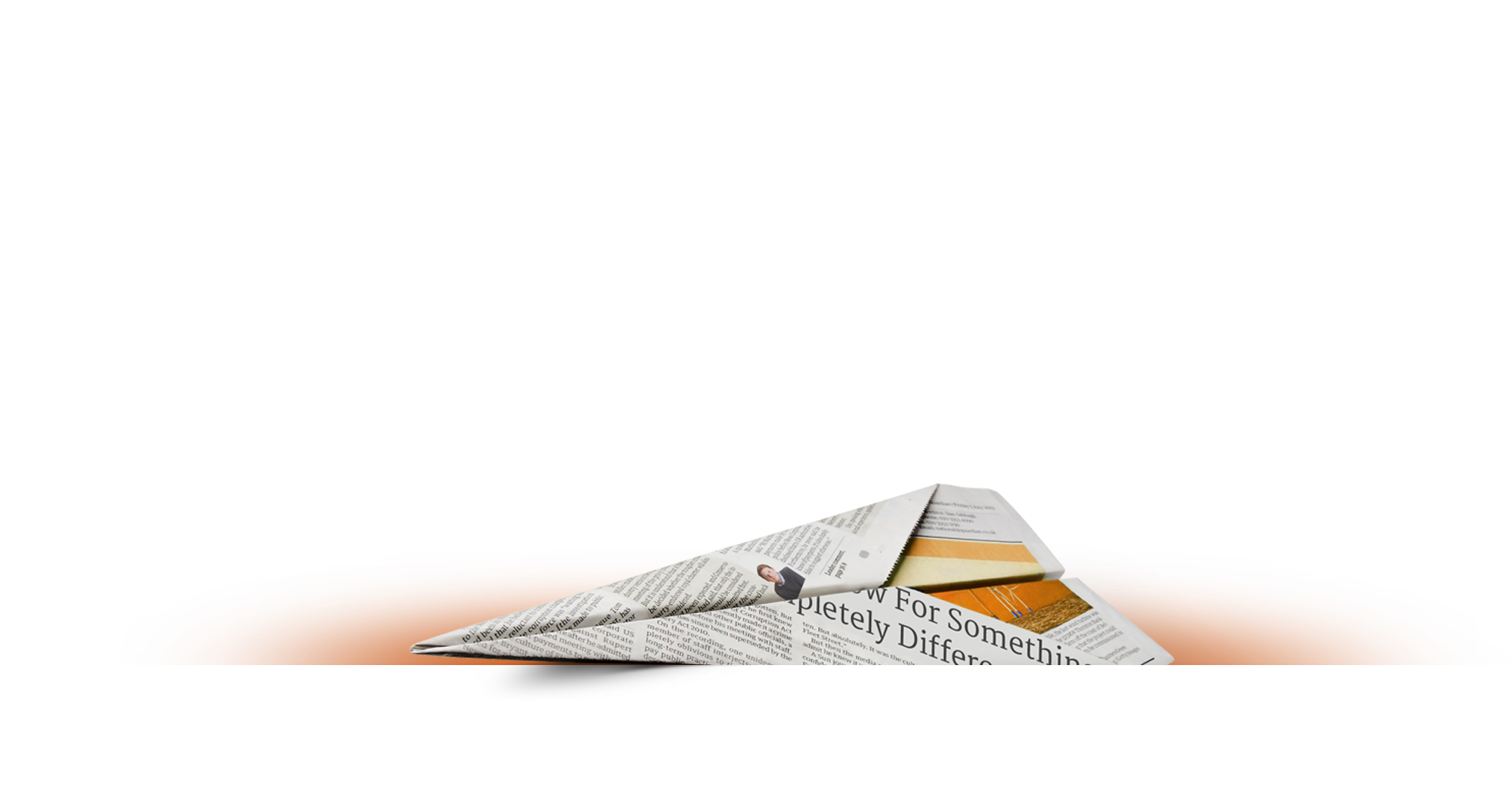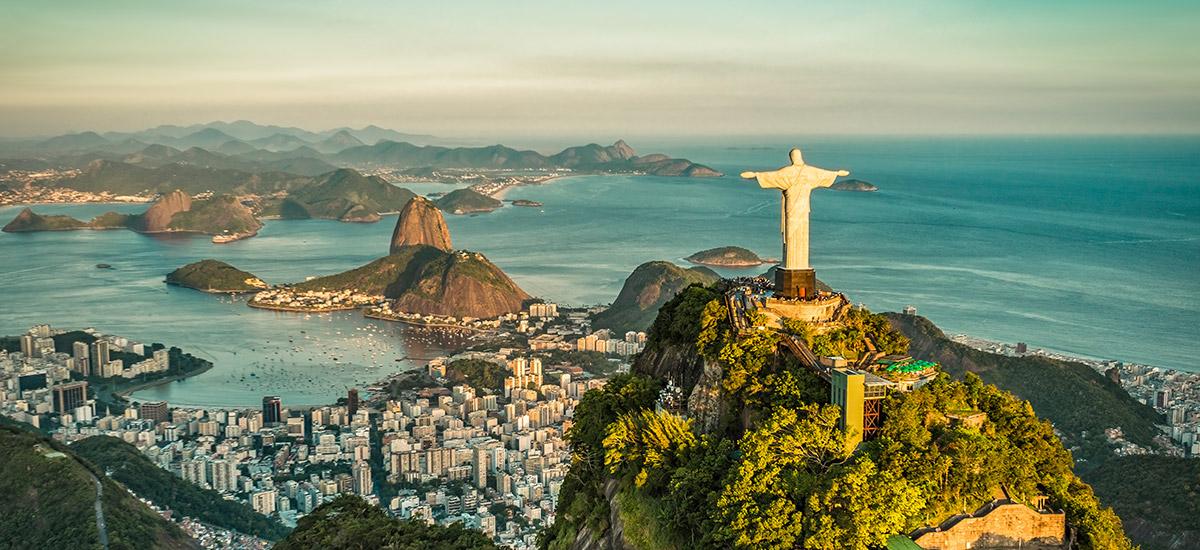If you thought the athletes in Rio were the only ones fighting for a place in the spotlight then you’re wrong. Brands were desperate to maximise the opportunity to run campaigns featuring the fittest, fastest people in the world. In the past this has been very hard unless you’re an Olympic sponsor. Now a slight change means that clever brand communicators were able to duck and dive around the strict IOC marketing rules in their quest to associate with the Olympics. The change demonstrated the IOC’s failure to appreciate that brand is about so much more than logos and words.
The change is in Rule 40 of the Olympic Charter. This is a rule that bans individuals who participate in the games from allowing their name, picture or sports performance to be used in advertising during the Olympics … unless the IOC give consent.
In the past this meant only the big sponsors, like McDonalds or Visa (who pay around $200 million for the privilege) automatically had consent. Individual athletes sponsored by other brands were subject to a blackout period over the games where they couldn’t publicly thank their sponsors or be featured in any kind of advertising campaign for their sponsors.
This has now changed.
For the first time ever brands that are not official Olympic sponsors have been able to use athletes in advertising campaigns over the games … as long as they don’t mention the athletes association with the Olympics. A challenge!
You can’t say “Olympics” … okay fair enough … you can’t say “games” ummm … you can’t say “gold” or “Rio” … oh, but that’s a place, not a term owned by the IOC? Yes. But you can’t say it.
So that leaves you with your athlete, your brand and their sport, which is in fact is all you need. So how have different brands approached this opportunity?
GoPro released a YouTube series – 'Two Roads' – which shows the Olympic journeys of nine athletes Virgin Media created an advert about speed featuring Usain Bolt. Under Armour began their campaign featuring Michael Phelps, in March. It shows him in a pool. Training really, really hard. Viewers know what he’s training for.
Under the old rules these campaigns would’ve been banned.
The athletes have also been able to make the most of this change, in the past they couldn’t publicly say anything about the sponsors over the games – no social media shout outs or interview comments. This year they’ve be able to talk about their non-Olympic sponsors during the games, with the same rules that apply to the brands. So Usain Bolt could tweet, “Running my socks off tonight – thanks Virgin” but he couldn’t tweet, “Running for Gold in Rio tonight – thanks Virgin”.
Although athletes and brands alike have both welcomed the change in rules, it all seems pretty ridiculous. As brands such as Under Armour and Virgin have proved – people don’t need Olympic words or terminology to make an association. It’s August, it’s 2016 therefore Phelps + training + pool = Olympics.
It is to the massive advantage of these brands that the IOC don’t recognise that brand is so much more than logos and words … not such good news for the official sponsors who might see significant attention being diverted to some clever unofficial campaign in future years.
2020 … the game is on!


